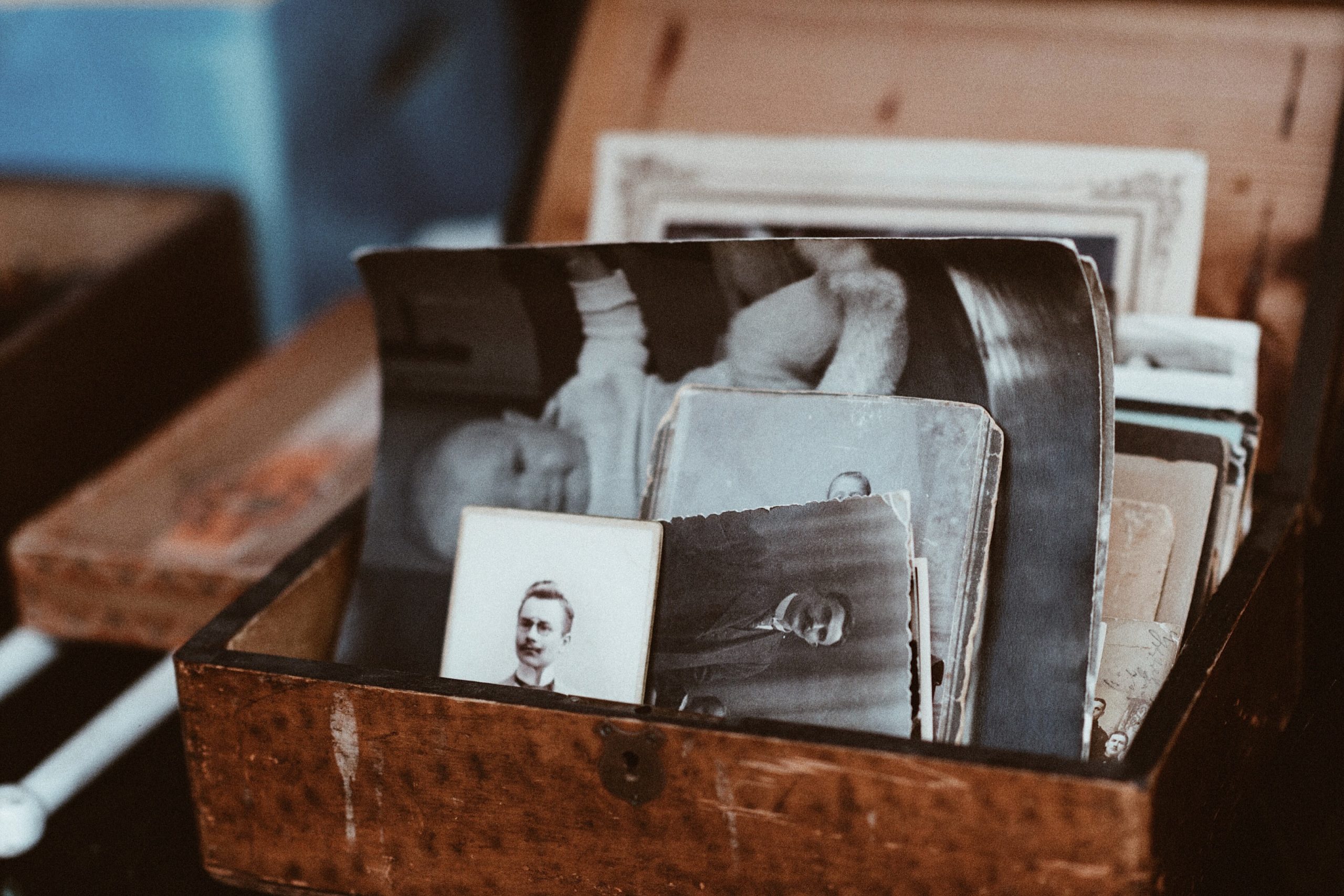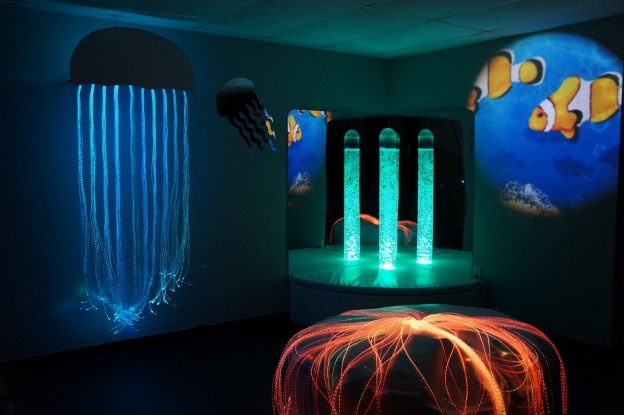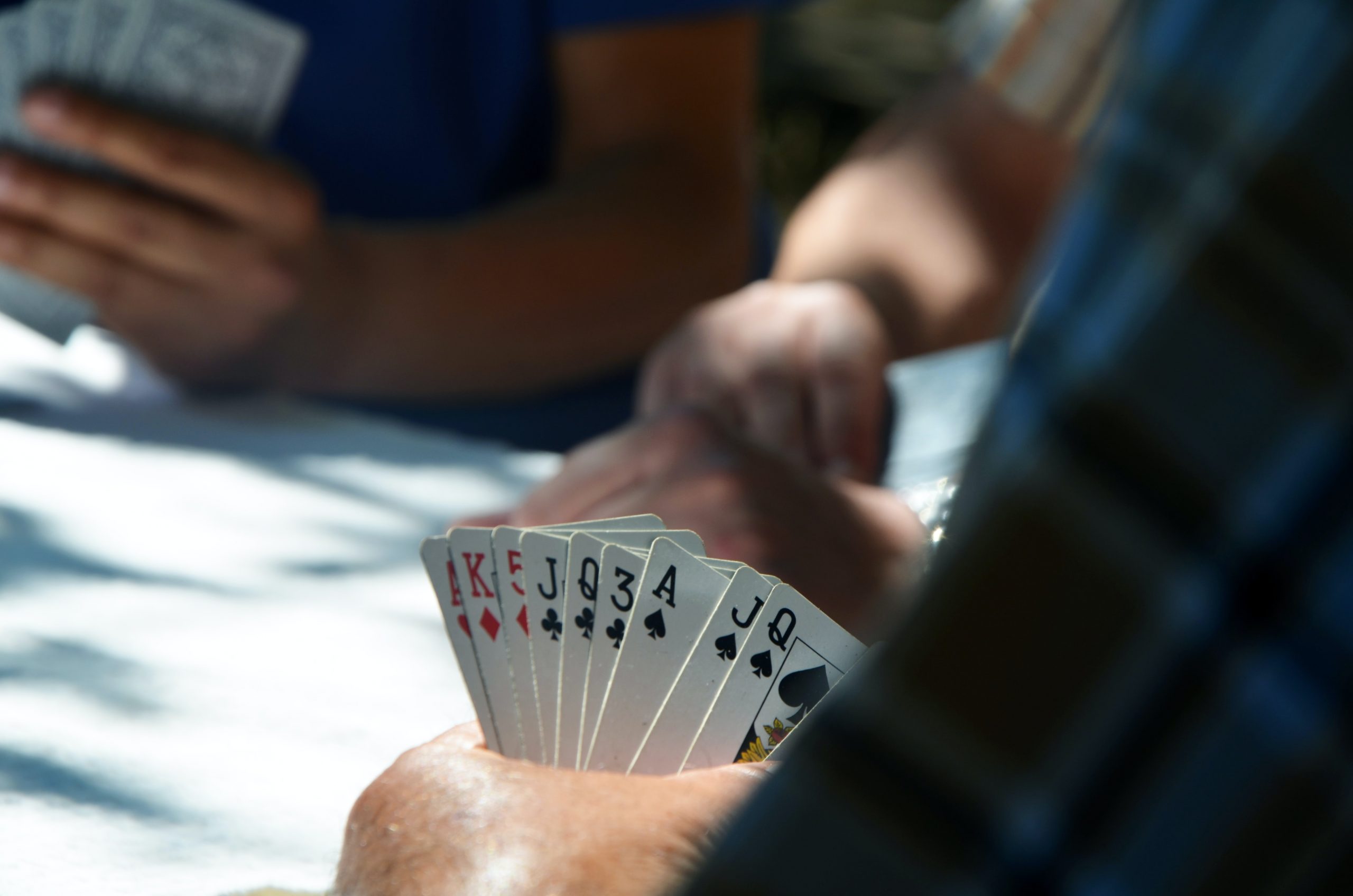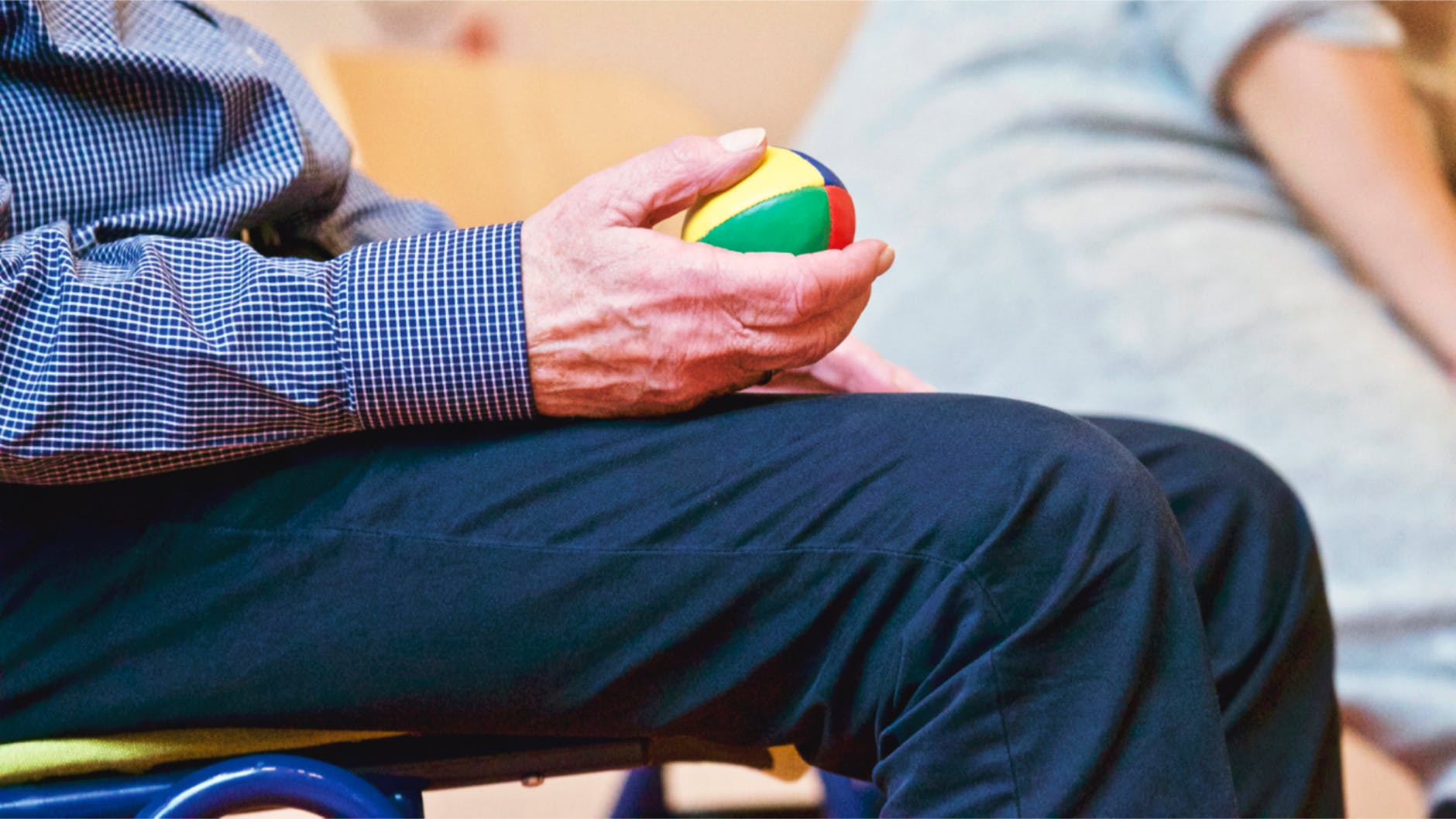Engaging and stimulating individuals living with dementia is extremely important for their health, mood, and overall wellbeing. Although getting out and about has an array of stimulating benefits, enjoying the outdoors isn't always a possibility. That's why having a bank of meaningful activities for dementia patients to enjoy indoors is a great idea. Indoor activities for individuals living with dementia and Alzheimer's can be just as effective for keeping them active, engaged, and happy.
Understanding the common symptoms of dementia is helpful for understanding the activities that will benefit them most. Any of the following symptoms may show up, and at least two of these difficulties must be present to be diagnosed with dementia:
By stimulating these focus areas with activities, we can offer those caring for or living with an individual with dementia a great resource for engagement. Here are our top ideas for stimulating dementia activities to enjoy indoors.
Engaging in exercise and keeping active is one of the best activities for individuals with dementia. Keeping your body moving has benefits for your physical health and your mental health. Exercise doesn't have to mean going for a jog around the block. Dementia patients can enjoy a variety of exercise activities from the indoors. Yoga, dancing, tai chi, chair exercise, light weights, resistance bands, and medicine balls can wake up the body and bring awareness to the breath. Exercise also improves bone mass and respiration, decreases blood pressure, increases endorphins and soothes anxiety. The best part is it's never too late to start! Senior exercise can be done in a chair or even a recliner when necessary, so there's no reason to hold off unless medically contraindicated. YouTube has an extensive collection of exercise videos with routines dedicated to seniors. So, have an explore for videos to follow or just for some inspiration. What's more, exercise is fun, and can be highly sociable. Light aerobic classes for care home patients make a super effective group activity for dementia patients.
Encouraging dementia patients to engage with the past and their long-term memories is important for keeping their memories strong. That's why any activities that involve thinking about their past make the most meaningful activities for dementia patients. An element of reminiscing can be incorporated into almost all indoor dementia activities, whether that's listening to old music or playing an old board game. One of our favorite ideas is to look through old photos, and perhaps make a photo album or scrapbook. You could also watch some old home-videos together or simply ask them questions about their life to incite a meaningful discussion.

Music therapy can come in many forms. From listening to playing to composing, it is an ageless form of therapy. For those living with dementia, music may open a window to promote memory, processing, and engagement. For many, music can act as a dementia "immunizer", keeping the brain active and healthy into their late senior years. Music therapy is therefore one of the most meaningful activities for dementia patients. It is easy to enjoy music at home. Use YouTube to find their favorite old songs, put together a playlist on Spotify, or bring them an instrument they used to love to play. You could also sing their favorite songs together, or show them videos of their favorite artists performing live.

A multisensory room makes a fantastic go-to-place, providing a sensory diet like no other room can do, and being a helpful indoor resource for dementia patients. With just the right visual, auditory, tactile, and olfactory stimulation, an individual with dementia can become better aware of their surroundings, improving focus and concentration. An interactive bubble tube, switch activity touch boards, or sound therapy can stimulate and relax a stressed mind. Adding a touch of sensory lighting to a dementia patient's room can also support them. The Aurora LED Projector Bundle is a great starting point for customizable sensory lighting at home.
IDEA #5 - DO ARTS & CRAFTS
Getting involved in arts and crafts makes for a lot of enjoyment and allows dementia patients to get in touch with their creative spirit. Arts and crafts can help individuals with dementia to sharpen their minds, lift their mood, and allow for self-expression. Creative projects make for fun activities for dementia patients, and with so many varieties, there is sure to be something for everyone. Some of our favorite creative pastime ideas include knitting, painting, making cards, coloring in, drawing, and flower arranging. Also, getting creative together is a great way to connect and enjoy each other's company in a calming environment.
There are lots of indoor handwork activities that are ideal for dementia patients. Manipulating switches in a sensory room, working with paints and clay, making a memory board or sensory pouch, or baking and kneading dough, can all involve the hands. These sensory activities can help to improve focus and calm the mind. Using the hands can calm and engage the mind as the neural activity is switched from the fight-or-flight response to the frontal lobe and areas that involve planning, creativity, and coordination. Also, older individuals may have arthritic hands; this means handwork is even more important to keep the hands active and healthy.
Games and puzzles are one of the most fun activities for dementia patients, and one of the most effective for stimulating the brain. Dementia patients can also enjoy games and puzzles with others, making it a great way to spend time with others. Completing a puzzle or finishing a game also provides a sense of accomplishment. Jigsaw puzzles, crosswords, card games, and old board games are all great starting points. Or, find out what their favorite game is and try beginning with that!

Even the simplest of everyday tasks make for beneficial indoor dementia activities. Completing household jobs improves focus, increases productivity, provides a sense of accomplishment, and offers an opportunity to be active. Gentle household tasks such as folding laundry, pairing socks, washing dishes, dusting, and sweeping are all useful and stimulating activities.
Working in the kitchen can be one of the most fun activities for dementia patients, and one of the most practical. Cooking and baking are enjoyable, engaging, and offers a very tangible reward at the end! Making and eating something tasty feels productive and can elevate your mood. If working in the kitchen has become too challenging, suggest a simpler recipe or offer them a helping hand. Just be sure that whatever is being cooked up is being done safely.
Keeping in communication with loved ones is vital for dementia patients. However, with increasingly busy and global lives, it can become challenging to visit loved ones regularly. Video calls offer the perfect platform for dementia patients to keep in touch with loved ones regularly. Organize a daily or weekly time to video call each other so you can stay connected and up-to-date with one another. Remaining in close contact with loved ones is one of the best dementia activities. It engages their emotions and provides stimulation, comfort, and routine.
Reading is one of the best pastimes to calm your mind and lift your mood. Books can also help to stimulate memory in dementia patients – whether that's reading a book set in the past, or reading one of their old, favorite books. Sometimes, reading can become too challenging for dementia patients. If this is the case, you can always read to them, or they can listen to their book of choice in an audio format.

Stimulating the eye-hand connection (or eye-foot connection) not only lays down synapses in the brain but can calm the mind and improve focus. Using balloons, fly swatters, beanbags, and balls, a plethora of eye-hand coordination activities can be played indoors. Bouncing and catching, flyswatter balloon tennis, bowling, and corn hole make for excellent dementia activities that stimulate eye-hand coordination. These activities also engage the mind, encourage socialization, and bring some smiles to those who are sometimes withdrawn.
Many seniors, particularly those with dementia, are prone to falls and injuries as their balance reactions slow down. Using a therapy ball, obstacle courses, dance classes, and monitored balance equipment can offer those living with dementia (and those wanting to prevent it) a way of challenging thought processes and balance reactions.

We hope we've offered you some inspiration for the best dementia activities to enjoy indoors. For more creative activity ideas, we recommend exploring Pinterest or Golden Carers. Be sure to find out what the individual with dementia enjoys doing most and engage with them about their past. Keeping the activities varied is important to keep the mind active, although do provide some consistency to encourage success when learning new skills. For more dementia resources, advice, and ideas, take a look at our blog.